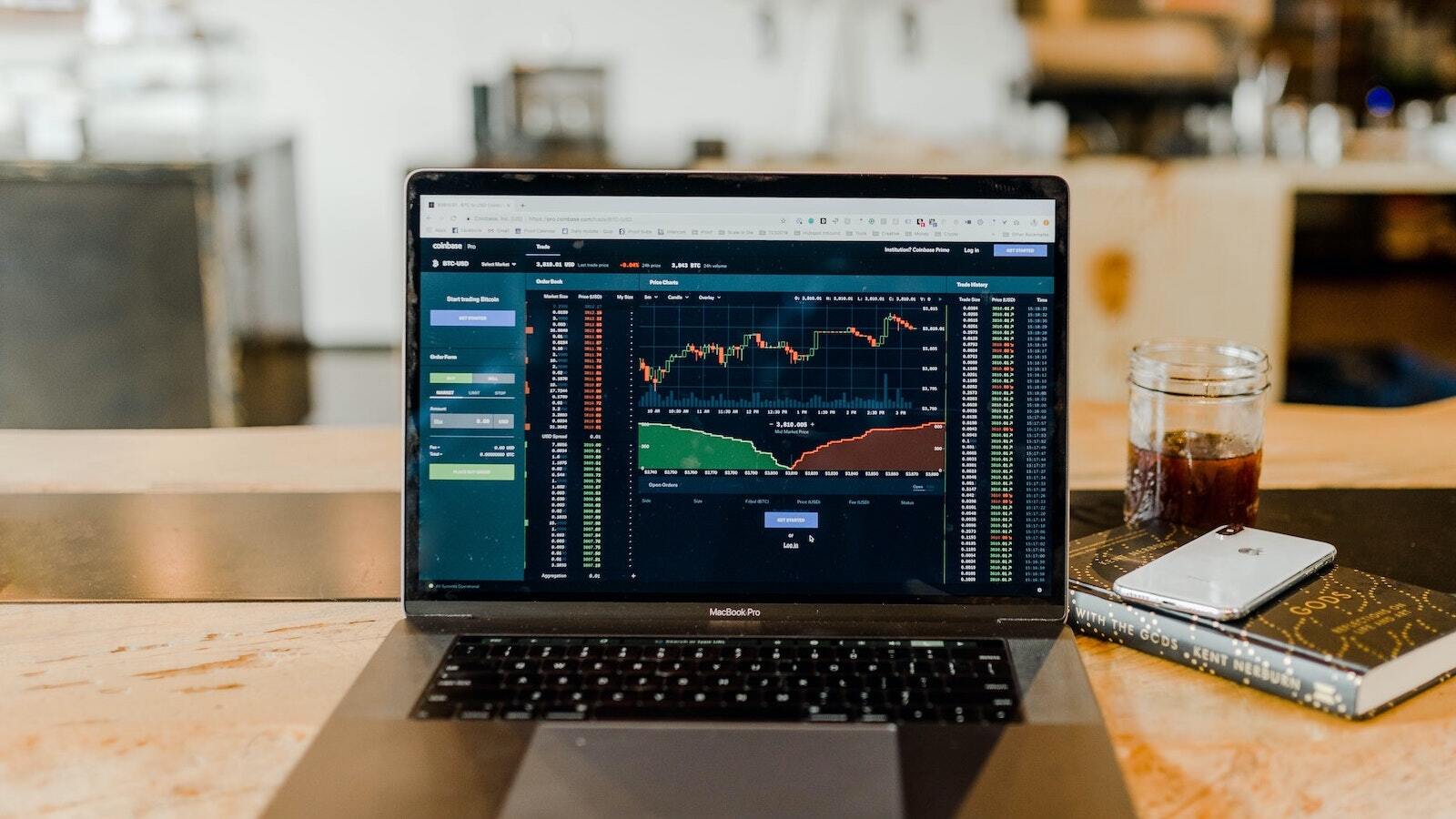A new Vanguard survey finds that investors are feeling the strain of all the financial tumult | Austin Distel/Unsplash
A new Vanguard survey finds that investors are feeling the strain of all the financial tumult | Austin Distel/Unsplash
A new Vanguard survey finds that investors are feeling the strain of all the financial tumult now wreaking havoc, with many of them now being forced to dip into their retirement savings for cash to cover everyday expenses.
“The recent increase in households drawing on their employer-sponsored retirement accounts, however, could be a sign of some deterioration in the financial health of the U.S. consumer,” global head of investor research and policy Fiona Greig said in a press release.
Based on October 2022 data, researchers also found the share of workers taking cash from their employer retirement plans through new loans, non-hardship withdrawals and hardship withdrawals has also spiraled over the last year, with hardship withdrawals having reached an all-time high across the country. Such withdrawals are only permitted to cover an "immediate and heavy financial need" and potentially carry a 10% early withdrawal penalty from the IRS.
Researchers also found that investors are feeling less than hopeful when it comes to the short-term outlook for financial markets, with a recent survey of over 2,000 Vanguard investors detailing all the gloom and doom many now feel when it comes to both the stock market and overall economy. In the end, the survey found that investors expect the US stock market to rise by a mere 0.6% over the next year, the lowest level since the survey began in 2017. Over the next decade, the outlook builds to be a bit more optimistic, with researchers expecting an average annual stock market return of 7.2%.
Researchers found investors appear even more concerned about the prospect of a stock market crash or a sharp economic downturn, with those taking part in the survey putting the chance of a stock market disaster in the near term at 8.2%, a five-year high. It all adds up to investors now believing there is a 1-in-12 chance that the market will drop by 30% or more in the next 12 months. At the same time, the probability of an economic disaster, defined as an average of -3% annual GDP growth over the next three years, rose to 8.0%.
Such numbers are on par with the second quarter of 2020, or just after the COVID-19 outbreak, a time when the overall market was experiencing great volatility.
"Investors may increasingly be worried about the prospect of a stock market crash or a recession in the short term,” said Vanguard Investor Behavior Research head Andy Reed, adding "overall, our findings suggest that investors acknowledge the possibility of worst-case scenarios and are bracing for short-term pain, but still maintain a positive outlook over the long run."
A recent University of Michigan Survey of Consumers study finds the index of consumer sentiment (Table 5A) has dropped from the beginning of this year and significantly since 2019. As of last October, of the sentiment index for the North Central region, including Wisconsin, was 62.6, compared to 93.8 in October 2019. The current index is 66.6 compared to 109.7. According to the balance, the consumer sentiment index is the leading economic indicator for trends in the US economy based on responses from consumers on whether they are going to spend, how they spend and what they will spend on.
Despite all the recent talk of recession, the results of the survey highlight how investors expect annual GDP growth to average 2.7% over the next three years, a figure not far off the historical average over the last six-plus decades of 3%. Researchers also found that there is a growing gap between short-term and long-term expectations, with the 10-year growth figure reaching a new high of 4.2%, while the three-year expected growth figure was slightly below average.
"Investors are showing an increasingly differentiated view of the market versus the economy, and long-term versus short-term effects," said Vanguard investment strategy analyst and research lead for the survey Xiao Xu.
Since February 2017, Vanguard, in partnership with academic researchers from the Yale School of Management, the Stanford Graduate School of Business, and the New York University Stern School of Business, has been conducting a bimonthly survey on US stock market and economic growth expectations. The survey is sent to a random sample of 2,000 Vanguard retail and 401(k) investors. With the sample group holding in the neighborhood of $2 trillion in assets at Vanguard, the responses from the survey are thought to be useful to advisors, plan sponsors, researchers and other investors keeping tabs on the current sentiment among individual households and comparing it to the market.





 Alerts Sign-up
Alerts Sign-up